A permeable driveway allows rainwater to drain through the surface into the ground below, helping prevent flooding and planning issues. They have become increasingly popular with homeowners because new or replacement permeable driveways do not require planning permission, regardless of their size.
There are several choices when it comes to permeable driveways, although resin bound driveways have become more popular in recent years.
Resin bound driveways
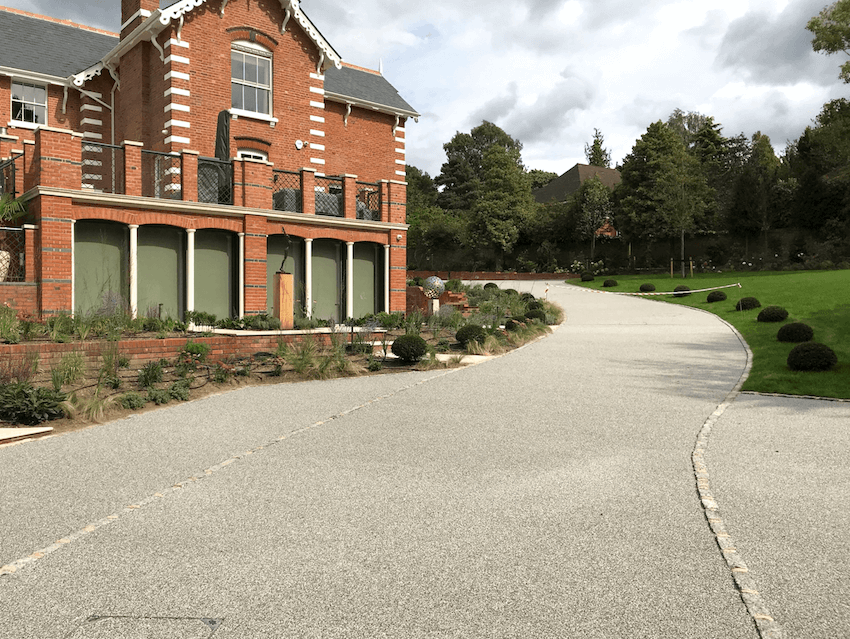 Resin bound driveways are created by coating aggregates in polyurethane resin to create a mixture, which is then laid on a solid base to create a smooth, flat surface. They are durable, easy to maintain, and quick and easy to install, which makes them popular with installers and homeowners alike. With a huge range of resin-bound aggregates available for use, it’s possible to create attractive driveways that meet the visual requirements of any end-user too.
Resin bound driveways are created by coating aggregates in polyurethane resin to create a mixture, which is then laid on a solid base to create a smooth, flat surface. They are durable, easy to maintain, and quick and easy to install, which makes them popular with installers and homeowners alike. With a huge range of resin-bound aggregates available for use, it’s possible to create attractive driveways that meet the visual requirements of any end-user too.
Are resin driveways permeable?
Resin bound surfacing is water-permeable when placed on an open surface asphalt. On the other hand, resin bonded surfacing is non-permeable and must be laid on a non-porous fine wearing course asphalt or a concrete base.
Gravel driveways
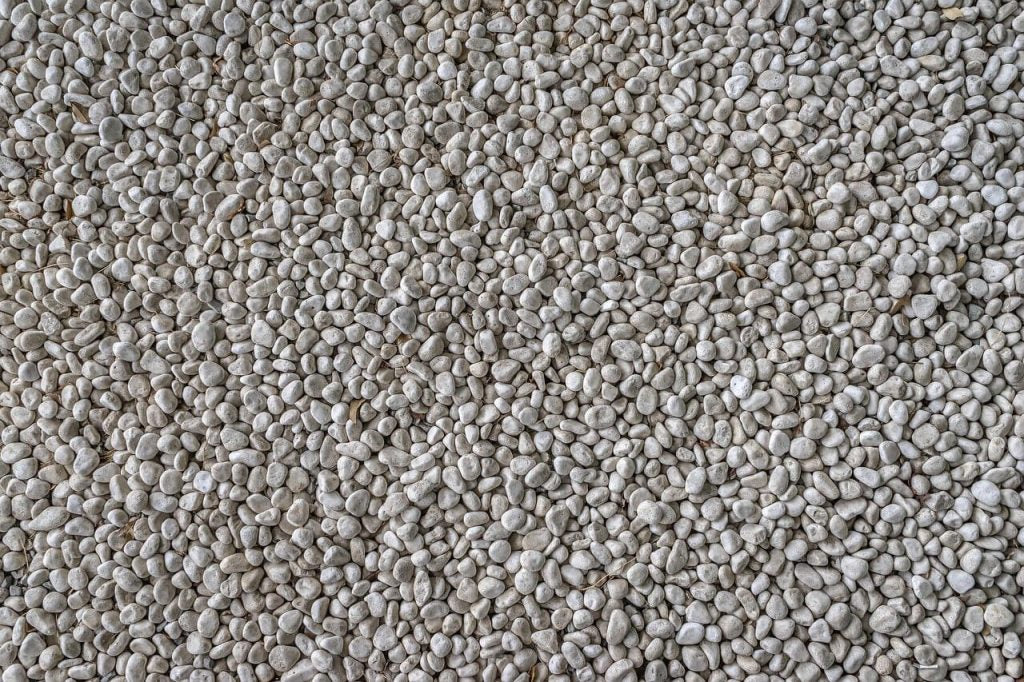 Gravel driveways are highly popular, and part of the reason for this is because they are one of the more straightforward types of permeable driveway to create. However, gravel does not work well for steeper driveways and the gravel will require sweeping up from time to time to ensure a neat finish. It is also difficult to move children’s buggies or wheelchairs across gravel, so it is not suitable for everyone.
Gravel driveways are highly popular, and part of the reason for this is because they are one of the more straightforward types of permeable driveway to create. However, gravel does not work well for steeper driveways and the gravel will require sweeping up from time to time to ensure a neat finish. It is also difficult to move children’s buggies or wheelchairs across gravel, so it is not suitable for everyone.
Permeable block paving driveways
Whilst they share many similarities with standard block-paved driveways, the key difference lies in their edges. On permeable block paving driveways, the edges are designed to create larger gaps between each block. These gaps are then filled with grit instead of kiln-dried sand. A variety of block styles and designs can be used, although they are the most labour-intensive permeable driveway solution.
Reinforced grass driveways
These consist of either a plastic or concrete grid system, which is laid over grass, allowing it to grow whilst preventing car wheels from creating ruts in the ground. Easy to install, they also look very natural once the grass has grown through the grid. However, driveways where a car will be parked most of the time are unsuitable because the grass will die.
Benefits of a permeable driveway
- Natural drainage reduces puddlesThe last thing you want after a dull rainy day is to find your driveway full to standing water. Unless you have a permeable driveway, it is hard to prevent puddles on a large flat surface area.
- Natural filtrationDuring the process of returning rainwater to the ground, a natural filtration occurs as it passes through the sub-base. This removes contaminants and impurities from the water, helping prevent water pollution.
- Reduces the heat island effectHeat islands are common in towns and cities because of the quantity of land which is coated by concrete or asphalt paving. These surfaces absorb heat, which raises the temperature and triggers a heat island effect. Permeable paving allows the soil underneath to breathe which helps reduce heat islands and decrease the temperature.
-
Natural and sustainable materialsResin-bound permeable paving is produced using organic and recycled materials, making it a sustainable alternative.
The Resin Mill – the go-to solution for permeable driveways
The Resin Mill are leading suppliers of high-quality resins and a wide range of aggregates, perfect for use in the creation of resin bound driveways that are SUDS compliant. For more information or a no-obligation quote, give us a call on 01484 400 855 or send an email to sales@theresinmill.co.uk.

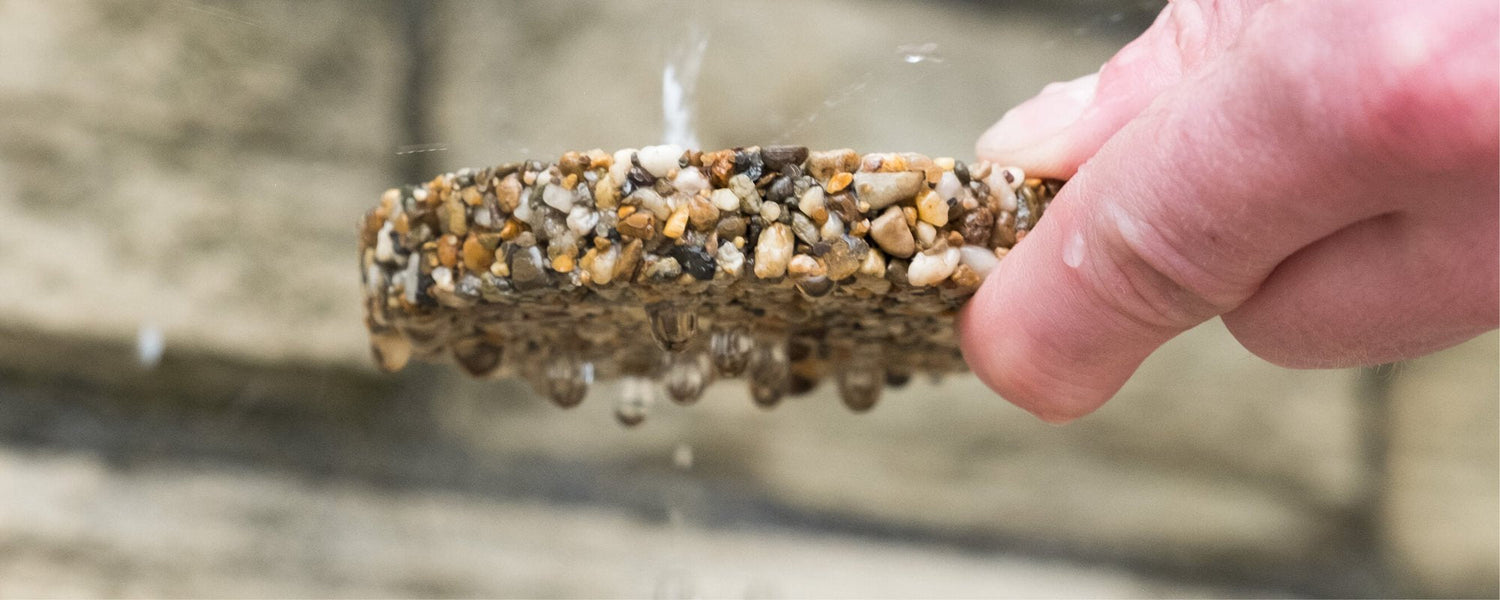


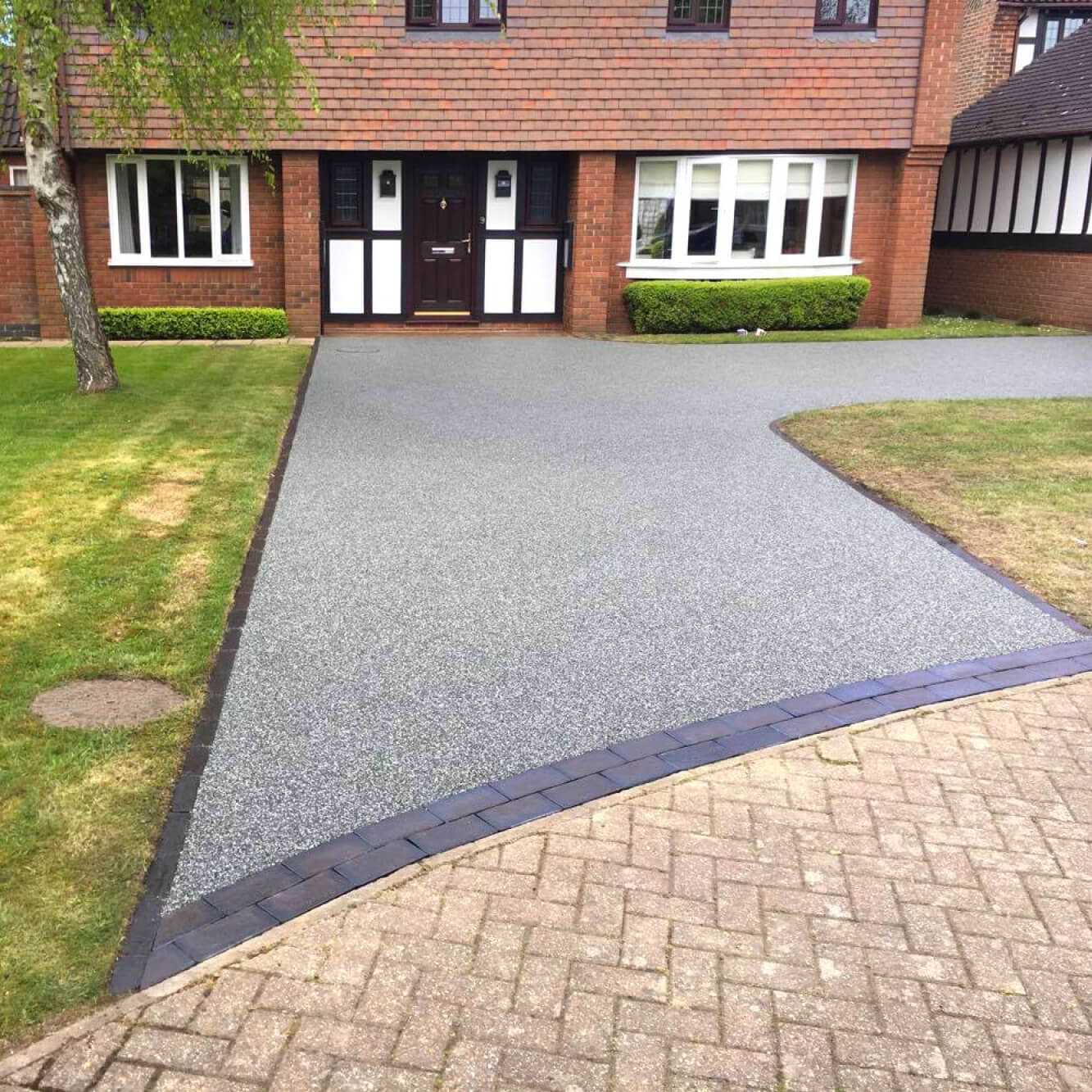


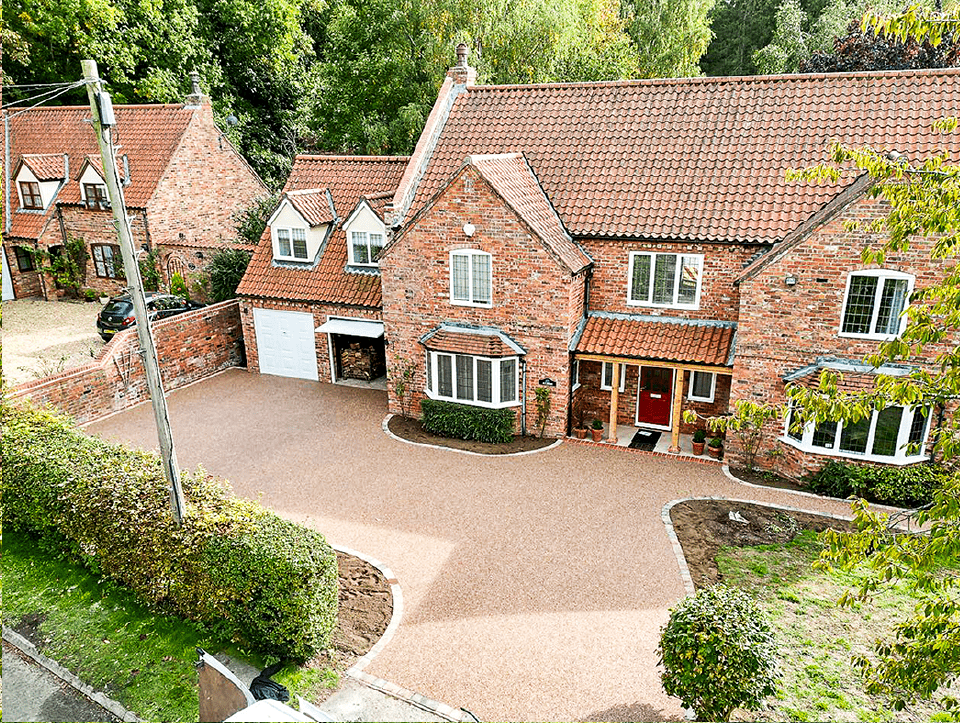
Leave a comment
This site is protected by hCaptcha and the hCaptcha Privacy Policy and Terms of Service apply.